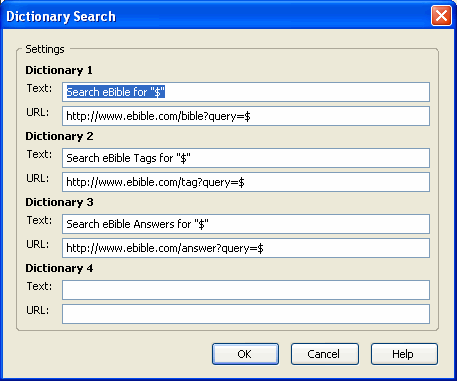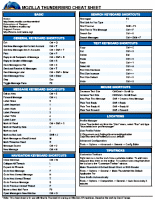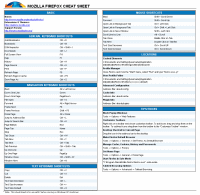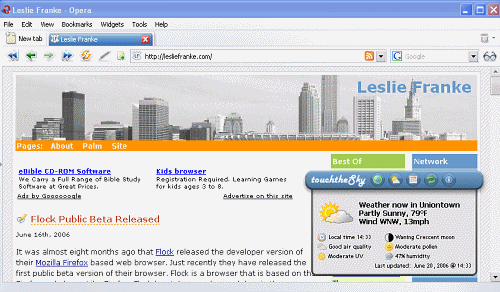Why Are Users Not Switching to Opera?
Published on August 2, 2006 in Browsers, FirefoxThere is a nice discussion going on now over at Opera Watch about why more people do not switch over and use Opera as their main desktop browser of choice. As a current Mozilla Firefox user, who has used IE, Firefox, and Opera in the past, I believe there are several reasons that Opera has not developed a large following.
One of the most important reasons that people have not switched to Opera is a lack of a clearly defined reason to make the switch. A key to marketing is to market a solution not the product. For the average user, what compelling reason is there to switch to Opera? Or put another way, what does Opera add to my browsing experience? Mozilla, with Firefox, pointed to issues such as tabbed browsing, extensions, and most importantly security, which people could easily understand and relate to. With Opera the solution is missing, Opera’s innovation and advanced features do not matter to the average user.
A second reason people avoid switching to Opera is that too many web sites fail to function properly in Opera. Whether it be with Google or other sites, Opera has failed to work on too many times. Users are not going to understand that it may be the web site’s fault, not Opera’s, that the page does not render correctly. Since it works fine in their current browser, they will blame it on Opera and go back to the browser they were using before.
Finally, the look and feel (UI) of the Opera browser is different than Internet Explorer or even Firefox. It is not as smooth as a transition from IE to Opera, as it was from IE to Firefox. Opera is not always easy to use, has a very busy interface, and is missing buttons, like the stop button, on the toolbar. This only adds to the confusion. First impressions are very important. The average user will only quickly give Opera a try. To them the UI is a hurdle to continued usage of the product.
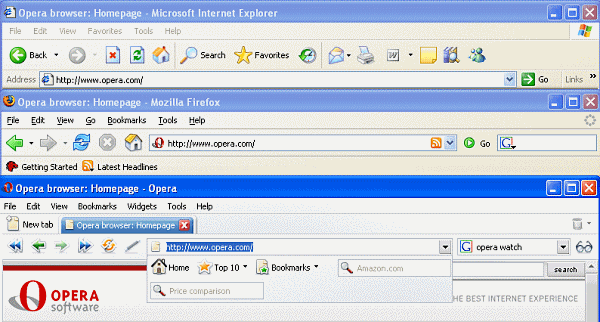
One way for Opera to grow their desktop browser market share is to use their name recognition and leading status in the mobile browser market to encourage and push people to using Opera on the desktop as well. As mobile browsers become more and more sophisticated and people learn to trust Opera on their phone or PDA this may become an easier and easier thing to do. Ultimately, though, Opera needs to find an answer to the question of ‘What compelling reason is there for me to switch to Opera?’. In many ways, like the new Flock browser Opera seems to be a solution without a problem.





